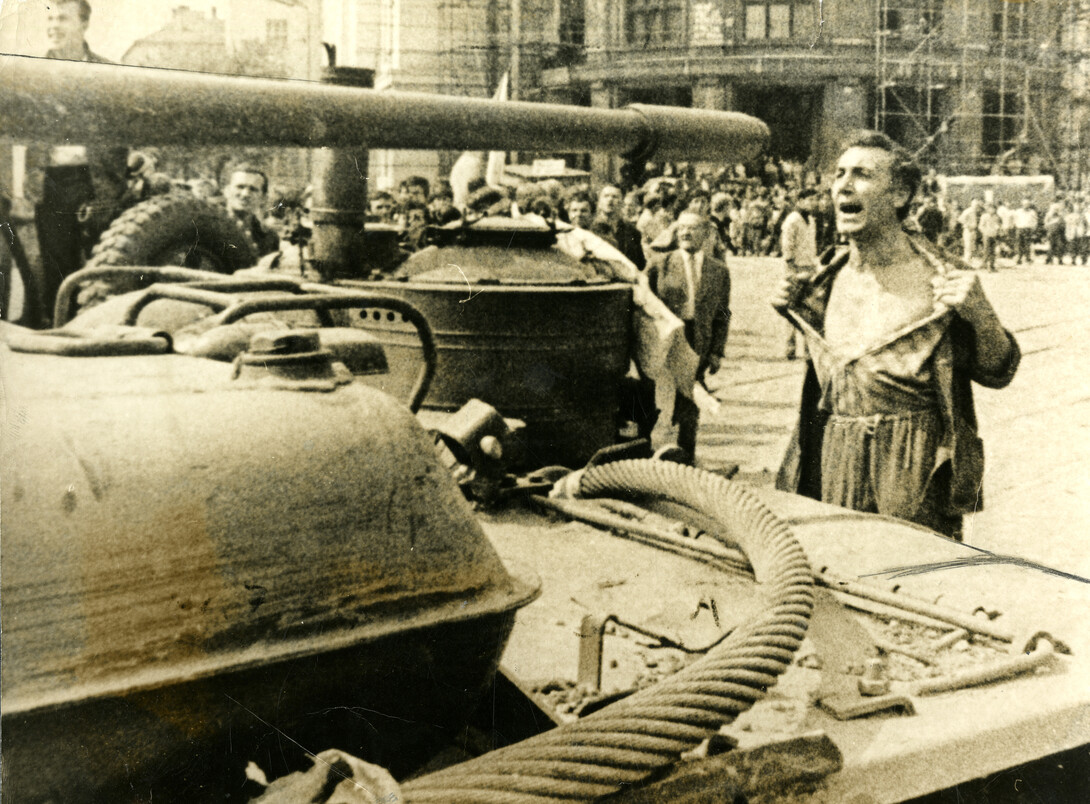
Ivana Jirasek traveled from the other side of the world to gain perspective on the events that left an indelible mark on her family.
Prague Spring and the subsequent invasion by the Soviet military in 1968 forced the Jirasek family to flee to Australia in 1969.
So Jirasek felt it was important to attend Prague Spring 50 at the University of Nebraska-Lincoln because it presented a remarkable opportunity to hear from so many other people who experienced those events.
The Sheldon Museum of Art hosted 14 speakers who shared a variety of views on Prague Spring, communism, Velvet Revolution of 1989 and life in the Czech Republic in present day. Three concerts were also held in cooperation with the Glenn Korff School of Music, along with art and photo exhibitions in Sheldon Museum of Art and Love Library.
Jirasek, who attended with her sister, Alena, said they were too young to remember much about Prague Spring or leaving the country, which they did so illegally.
“The talks have helped me understand and appreciate the nuance of what happened and how people experienced it, including the atrocities,” Jirasek said. “It is important to hear it from the sources first-hand, rather than overhearing discussions of my parents and others when I was a child.”
James Le Sueur, chair of the history department and organizer of the conference, said he was pleased with the number of people who attended the lectures and the concerts during the five-day event, and that even more attended remotely through live streaming.
The conference kicked off April 3 with a keynote from Michael Zantovsky, who served as spokesperson and press secretary for former Czechoslovakia President Vaclav Havel.
The events concluded April 7. Paul Wilson, a speaker on April 7, attended the entire event and was floored by the quality of the event. Wilson, who currently resides in Canada, taught English in Czechoslovakia from 1967 to 1977. Having experienced the Prague Spring and aftermath behind the Soviet Union’s Iron Curtain, Wilson thought he had a very good grasp on the history of it.
“I’ve created in my own mind what happened in 1968, but has been an exercise in comparing what I thought was happening to what others experienced,” he said.
The lectures will be archived online.







